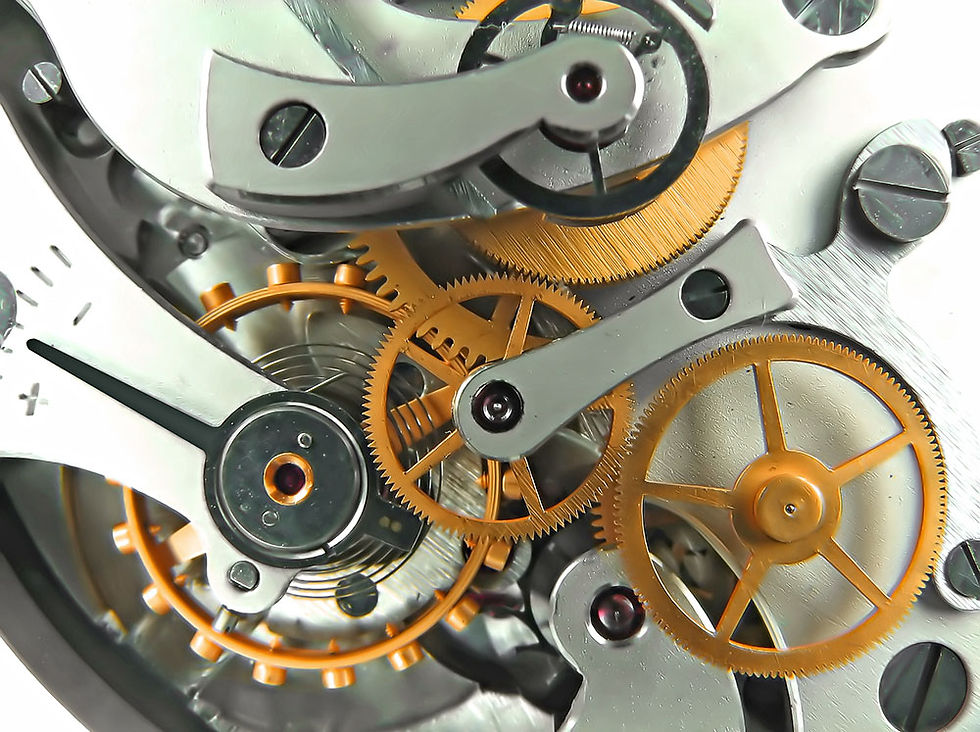Hiring vs. Purchasing Plant Machinery: Pros, Cons, and Considerations

When it comes to plant machinery, businesses are often faced with a crucial decision: Should they hire or purchase the equipment? Both options have their advantages and disadvantages, and the best choice depends on various factors, including the nature of the project, budget constraints, and long-term plans. In this blog post, we will explore the pros and cons of hiring versus purchasing plant machinery to help businesses make informed decisions.
Pros and Cons of Hiring Plant Machinery
Pros:
Cost-Effective for Short-Term Projects:
Hiring machinery is generally more cost-effective for short-term projects. It eliminates the need for a significant upfront investment, which can be particularly beneficial for businesses with limited capital.
Access to the Latest Technology:
Hiring allows businesses to access the latest models and technology without the burden of long-term ownership. This ensures that they are always using the most efficient and up-to-date equipment.
Maintenance and Repair Included:
Rental agreements typically include maintenance and repair services, reducing downtime and ensuring that the equipment is always in good working condition. This can save businesses both time and money.
Flexibility:
Hiring offers greater flexibility. Businesses can rent machinery for the specific duration of a project and return it when the project is completed, avoiding storage and maintenance costs associated with owning equipment.
Tax Benefits:
Rental expenses can often be fully deducted as business expenses, providing tax benefits that can improve cash flow.
Cons:
Higher Long-Term Costs:
While hiring is cost-effective for short-term use, it can become more expensive in the long run if the machinery is needed frequently or for extended periods.
Limited Availability:
During peak times, the specific machinery needed may not be available for hire, which can cause delays in project timelines.
Lack of Customization:
Hired machinery may not always meet the specific requirements of a project, and customization options are usually limited.
Pros and Cons of Purchasing Plant Machinery
Pros:
Long-Term Cost Savings:
Purchasing machinery can be more cost-effective in the long run, especially if the equipment is used frequently. The initial investment can be recouped over time through continuous use.
Full Control and Customization:
Owning machinery provides full control over its use, including the ability to customize it to meet specific project requirements. This can enhance efficiency and productivity.
Asset Depreciation:
Purchased machinery can be depreciated over its useful life, providing tax benefits that can offset the initial purchase cost.
Availability:
Owning equipment ensures that it is always available when needed, reducing the risk of project delays due to unavailability of rental machinery.
Cons:
High Initial Investment:
Purchasing machinery requires a significant upfront investment, which can strain financial resources, especially for small businesses.
Maintenance and Repair Costs:
Owners are responsible for all maintenance and repair costs, which can add up over time. Unexpected breakdowns can also lead to costly downtime.
Depreciation:
Machinery depreciates over time, which can reduce its resale value. Businesses must consider the long-term financial implications of owning depreciating assets.
Storage and Logistics:
Owning machinery requires adequate storage space and logistical arrangements for transportation to various job sites, which can incur additional costs.
Key Considerations for Businesses
When deciding whether to hire or purchase plant machinery, businesses should consider the following factors:
Project Duration and Frequency:
For short-term or infrequent projects, hiring is usually more cost-effective. For long-term or frequent use, purchasing may be the better option.
Budget:
Evaluate the available budget and financial resources. Hiring requires less upfront capital, while purchasing requires a significant initial investment.
Equipment Usage:
Assess how often the equipment will be used. High utilization rates may justify the cost of purchasing, while low utilization rates may favor hiring.
Maintenance Capabilities:
Consider the business’s ability to maintain and repair equipment. If in-house maintenance is challenging, hiring may be more convenient.
Technological Needs:
For businesses that require access to the latest technology, hiring can provide the flexibility to use updated equipment without the burden of ownership.
Tax Implications:
Consult with a financial advisor to understand the tax implications of hiring versus purchasing, including potential deductions and depreciation benefits.
Conclusion
Deciding whether to hire or purchase plant machinery is a significant decision that requires careful consideration of various factors. Both options have their benefits and drawbacks, and the right choice depends on the specific needs and circumstances of each business. At OR Group Ltd., we offer a range of solutions to help you manage your plant machinery needs effectively. Whether you decide to hire or purchase, we provide high-quality equipment and exceptional service to support your projects.
Call to Action: For more information on our plant machinery hiring and purchasing options, or to discuss your specific requirements, please contact us at 0330 043 4773 or email info@orgroupltd.com. Let OR Group Ltd. help you make the best decision for your business.

Comments